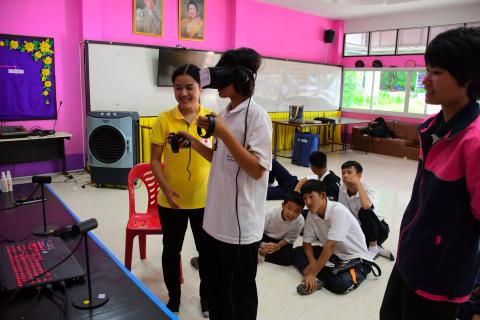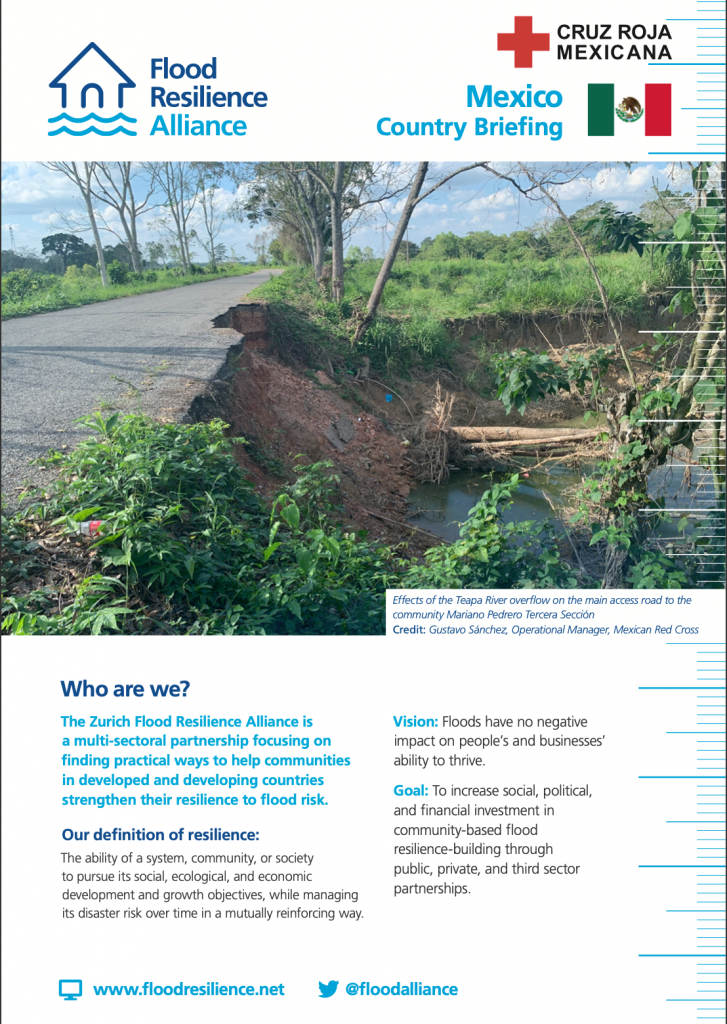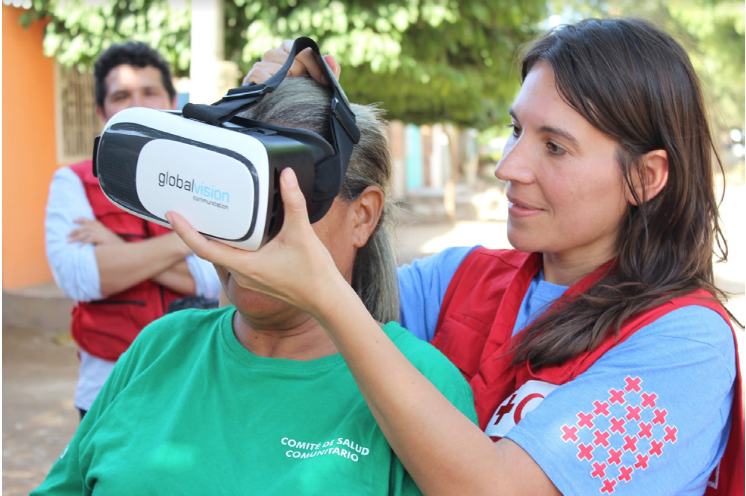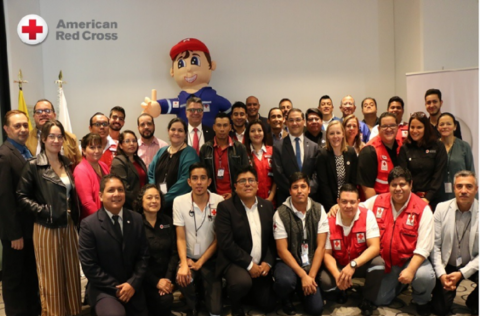Tackling Social Stigma Around COVID-19
Ombretta Baggio, IFRC Senior Advisor, Community Engagement and Accountability In more than two months, the number of people confirmed to have been infected with the new coronavirus disease (COVID-19) has risen to over 400,000 and continues to climb. We have watched the narrative start from a place of anxiety and move to action; from fear […]
Tackling Social Stigma Around COVID-19 Read More »







